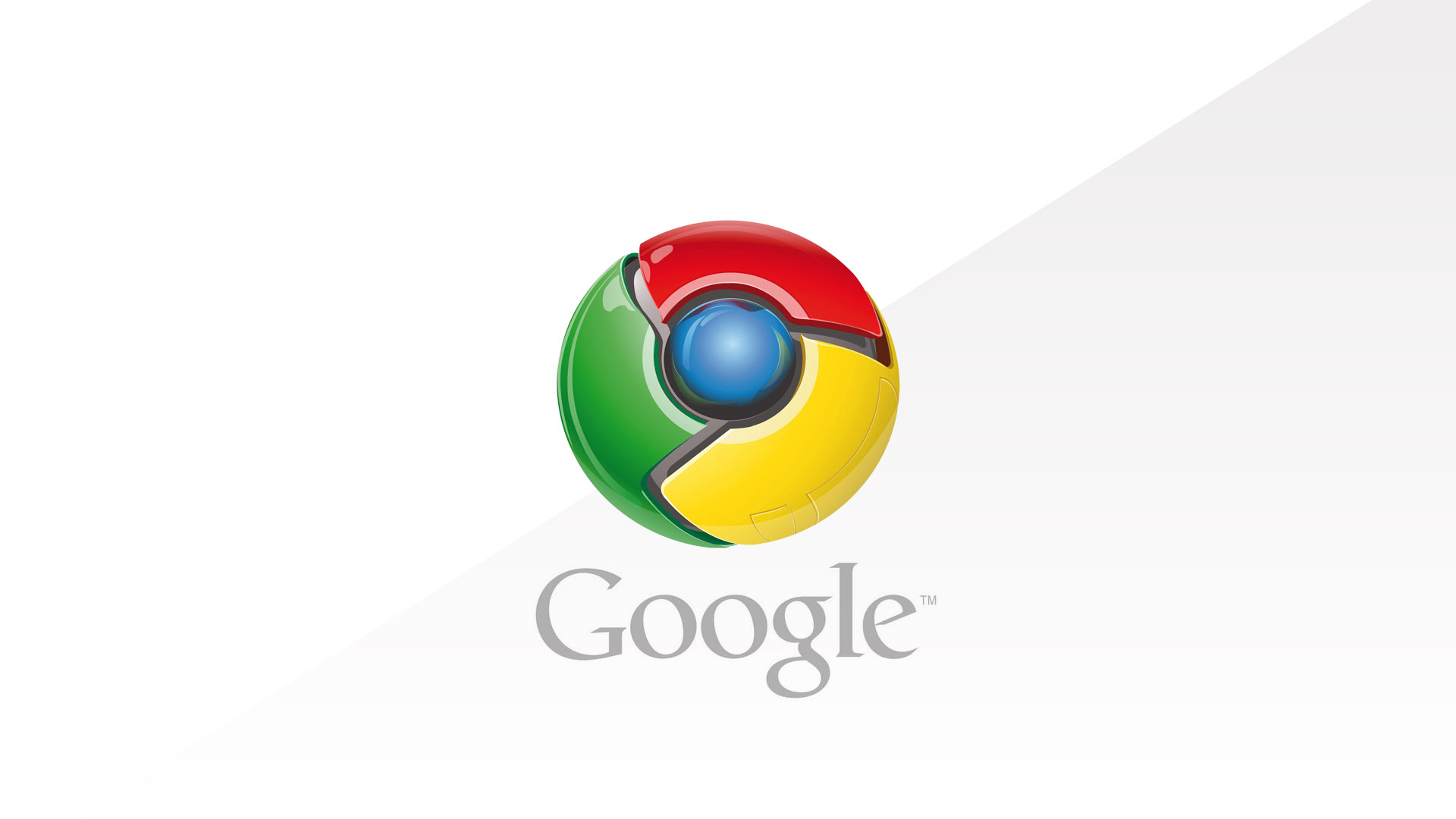


Is this a GPT partition table? Both the primary and backup GPT tables are corrupt.

Or perhaps you deleted the GPT table, and are now using an msdos partition table. Perhaps it was corrupted - possibly by a program that doesn't understand GPT partition tables. However, it does not have a valid fake msdos partition table, as it should. So Safari (which I've tried numerous times and still use a bit but have never warmed up to actually liking it) simply can't meet my needs.įirefox has kept up with most of the improvements the others have (though still seems to depend on Flash, alas, which is where most of the few problems I have with it crop up), have some of their own, and while it's a memory hog, it still only spawns one process (plus one for Flash - which I frequently kill to keep things running smoothly).Ĭhrome sets up any number of them and so you can never tell how much Ram it's eating in total.and spawns a new window for every link on Android (which aren't even identified as Chrome in the all open apps view), while FF just has one where the tab count, close tabs and other navigation controls are right at hand.Īlso, I liked Chrome in the beginning, but it now seems SO bloated.and cutting off support for Mountain Lion and Vista seems premature.Ubuntu images (and potentially some other related GNU/Linux distributions) have a peculiar format that allows the image to boot without any further modification from both CDs and USB drives.A consequence of this enhancement is that some programs, like parted get confused about the drive's format and partition table, printing warnings such as:/dev/xxx contains GPT signatures, indicating that it has a GPT table. Mozilla gets absolutely no press anymore, but I'm still on Firefox which is still meeting my needs for a hetereogenous work flow across a number of Win, Mac, Android and iOS devices.and syncs fast and well between 'em, (history, bookmarks and more) and still has that wonderful extension/add-on ecosystem.


 0 kommentar(er)
0 kommentar(er)
